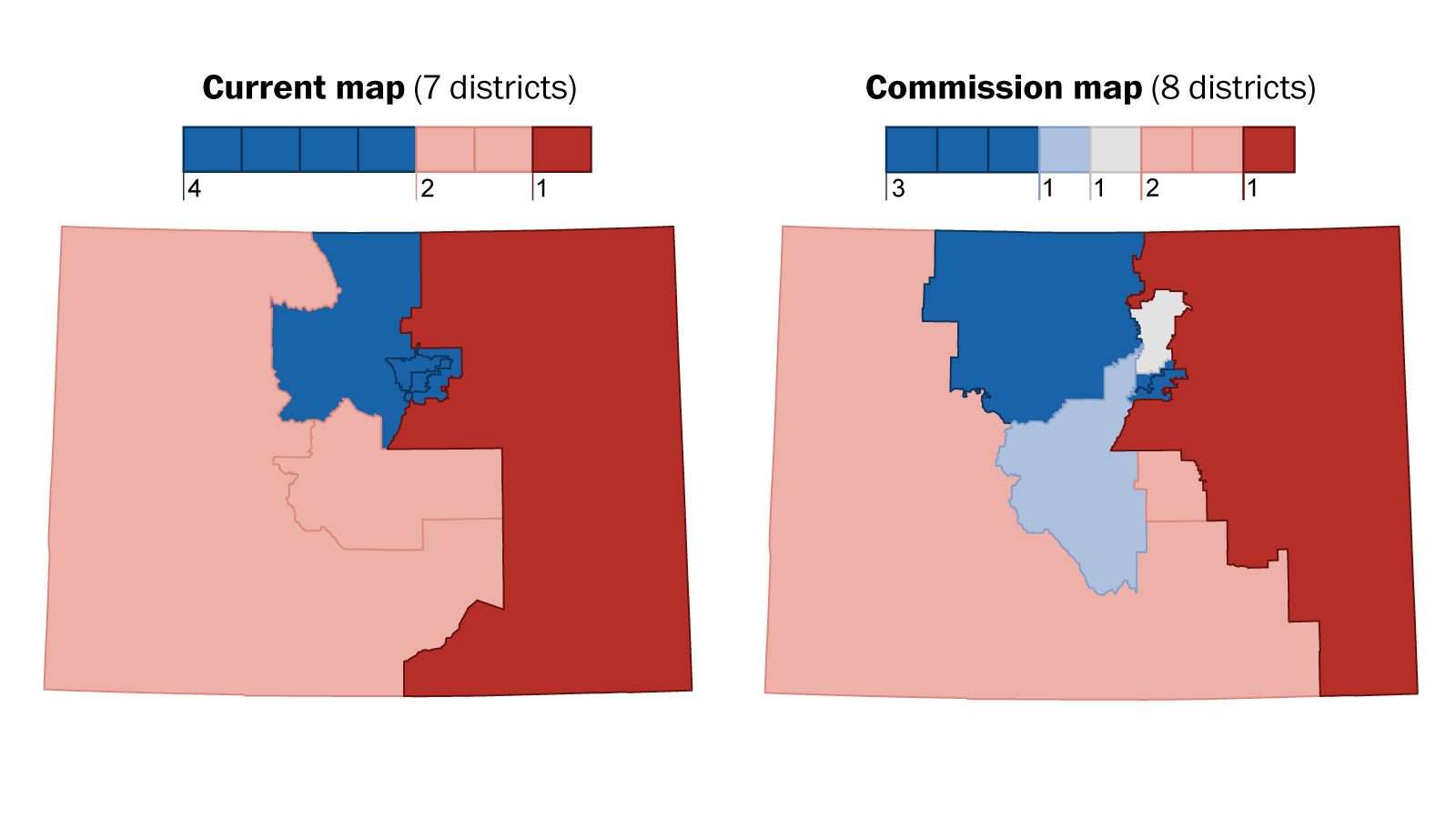Democrats in Virginia and Colorado are advancing plans to redraw congressional boundaries ahead of the 2026 midterm elections, joining a broader national push by political parties to reshape electoral maps. The efforts mirror recent actions by Republicans in states such as Texas, North Carolina, Missouri, and Indiana, where redistricting strategies have already altered voting landscapes.
In Virginia, Democratic lawmakers are exploring proposals to create two or three additional districts favoring their party, while Colorado Democrats are considering a constitutional amendment to enable mid-decade redistricting—a move requiring 55% voter approval. Virginia Governor Glenn Youngkin (R) condemned the initiatives, calling them a “shameless, reprehensible political power grab” by Democrats seeking distraction from recent controversies, including the so-called “disastrous Democrat Shutdown” and investigations into state officials.
Colorado Attorney General Phil Weiser (D) defended the approach, stating that if Republican-led states are altering redistricting rules, Democratic leaders should have a mechanism to respond. Currently, Democrats hold five of Virginia’s 11 congressional seats and four of Colorado’s eight, with several competitive districts potentially shifting under new maps.
The push comes amid escalating national redistricting battles. In Texas, Governor Greg Abbott (R) signed a bill in August that could eliminate five Democratic-leaning seats, bolstering Republican representation. Meanwhile, California Democrats have proposed a ballot measure led by Governor Gavin Newsom (D), aiming to create up to five new Democratic districts by temporarily transferring redistricting authority from an independent commission.
The developments highlight growing tensions over electoral fairness and the potential for partisan gerrymandering to reshape legislative power in the coming years.



